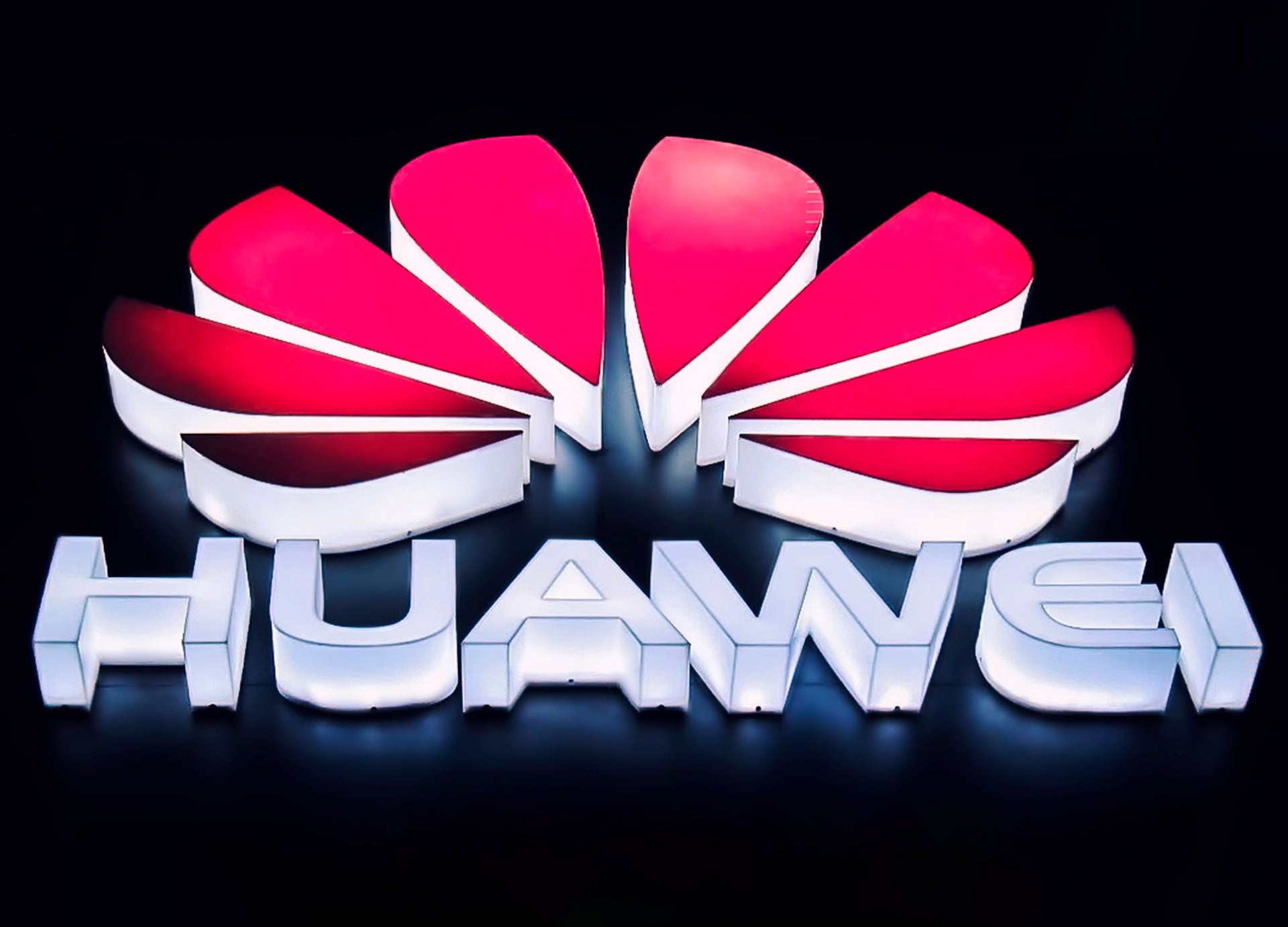
Chinese technology giant Huawei has announced the launch of what it claims is the fastest cluster for training artificial intelligence (AI) in the world.
The latest in the company’s Atlas AI computing platform series, the Atlas 900 was announced today at Huawei Connect 2019 in Shanghai, China, by Huawei deputy chairman Ken Hu.
“This is Atlas 900. It is the world’s fastest AI training cluster, combining the power of thousands of Ascend processors,” Hu said.
According to Hu, Atlas 900 is 10 seconds faster at completing training under test scenarios than the next fastest product, and is available through Huawei’s cloud platform from today.
“You might think, 10 seconds, so what? But this is some pretty serious stuff,” he said.
“Imagine it like this: A sprinter crosses the finish line, and has enough time to drink a bottle of water before the second person arrives.
How well do you really know your competitors?
Access the most comprehensive Company Profiles on the market, powered by GlobalData. Save hours of research. Gain competitive edge.

Thank you!
Your download email will arrive shortly
Not ready to buy yet? Download a free sample
We are confident about the unique quality of our Company Profiles. However, we want you to make the most beneficial decision for your business, so we offer a free sample that you can download by submitting the below form
By GlobalData“Atlas 900 is a powerhouse of AI computing and it could be widely used for scientific research and business innovation.”
Huawei AI training offering focuses on sciences
During the keynote, Huawei focused significantly on the AI training cluser’s potential to improve the use of AI within scientific and academic fields.
The deputy chairman gave a number of examples of his friends in the field expressing frustration at the delays caused by the time spent waiting for AI to deliver results, arguing that Huawei’s Atlas 900 provided a potential solution.
“We know that in scientific research and business innovation that computing power has become a bottleneck,” he said.
“Running solutions can take months, and it can take another month to train it. With Atlas all these complaints will disappear.”
AI meets space research
To underscore this potential, Hu invited Philip Diamond, director-general of the Square Kilometre Array (SKA) on stage.
SKA is a vast radio observatory under construction in Australia and South Africa that when completed will be astronomy’s answer to The European Organization for Nuclear Research, also known as CERN.
It will regularly feed vast amounts of data into several regional data centres around the world, with annual processing needs in excess of 600 petaflops; significantly more than Google.
“When you build an enormous radio telescope, the aim is to gather as much information as possible, and that means a lot of data,” said Diamond.
The Shanghai hub, which is “leading the way” on developing data processing solutions, according to Diamond, is working with Huawei to use AI to assist in processing this data.
“Huawei has worked with SKA in this area, Atlas 900 is the right product in this area,” added Hu.
Read more: Huawei’s releases underscore its ability to forge ahead with AI despite its US trade woes







